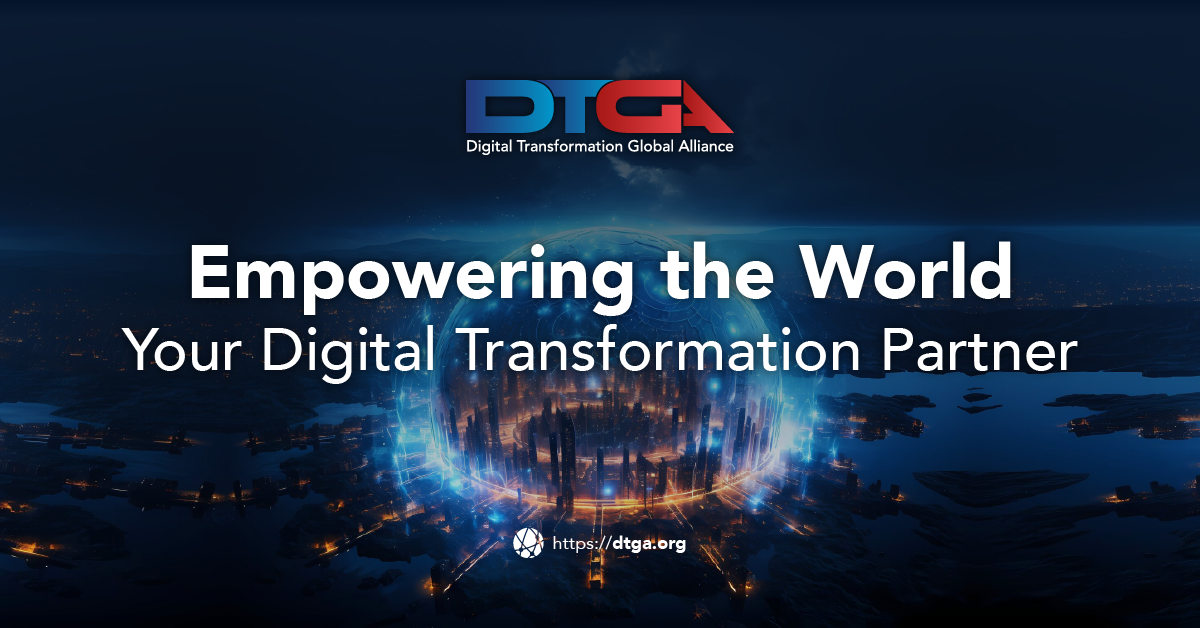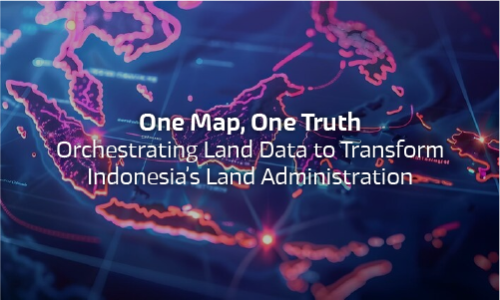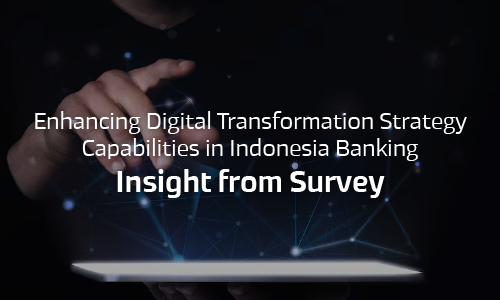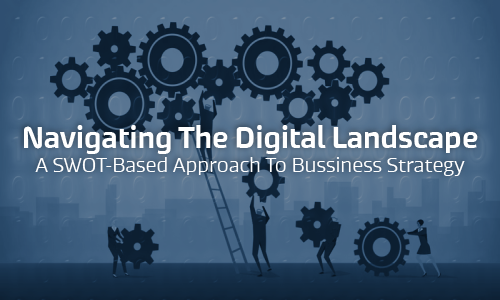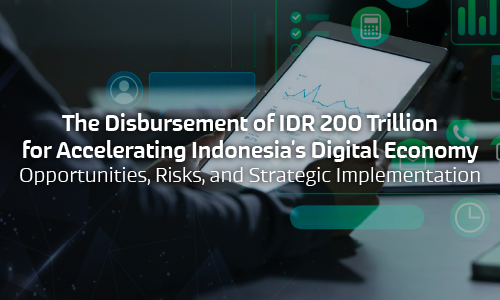
Summary: This paper examines the strategic implications of Indonesia’s IDR 200 trillion disbursement in 2025, one of the country’s largest fiscal interventions, and its potential role in accelerating the digital economy. The policy, implemented through state-owned banks, aims to strengthen liquidity, expand credit to productive sectors, and sustain economic resilience amid global uncertainty. While opportunities include enhancing digital infrastructure, fostering SME digitalization, stimulating startup ecosystems, creating digital jobs, and reinforcing regional competitiveness, the initiative also presents significant risks. These include potential misallocation of funds, inflationary and fiscal pressures, widening digital divides, cybersecurity vulnerabilities, and the risk of a startup bubble. Drawing on comparative regional experiences from Singapore, Malaysia, Vietnam, and Thailand, the study emphasizes the need for targeted allocation, robust governance, workforce development, multi-stakeholder collaboration, and adoption of the IBCDE+R framework. With transparent oversight and inclusive strategies, the disbursement could become a transformative catalyst for Indonesia’s digital leadership by 2030.
Global Rise
of the Digital Economy
Over the past decade, the digital economy
has evolved from a supporting component of traditional industries into a key
driver of global growth. Digitalization has transformed how businesses operate,
how governments deliver public services, and how consumers engage in markets.
No longer confined to back-office efficiency improvements, digital technologies
now enable entirely new forms of value creation. For instance, cross-border
e-commerce allows small enterprises to access international markets with minimal
entry barriers; fintech innovations have reshaped financial inclusion by
providing digital payments, peer-to-peer lending, and micro-insurance; and
artificial intelligence (AI) has redefined decision-making processes across
manufacturing, healthcare, and education (UNCTAD, 2022; World Bank, 2021).
The economic significance of this transformation is profound. McKinsey (2022) estimates that digital technologies contribute up to 20% of GDP growth in advanced economies, while in emerging markets the digital sector is expanding at double-digit annual rates. Moreover, digitalization fosters resilience by diversifying value chains, enabling remote work, and ensuring continuity of services during crises such as the COVID-19 pandemic (OECD, 2021). Consequently, the digital economy is increasingly seen as a strategic domain, not only for competitiveness but also for sovereignty, security, and social…


